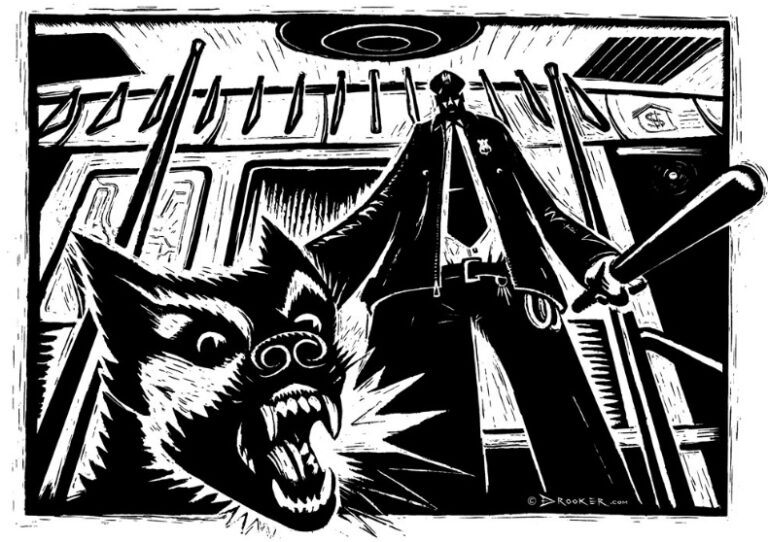THAT LIT, LIT LIFE (with global characteristics) 8 (of 14)
My aspiration in life is to loaf. These days, life seems to be much ado about aspiration, or so the brand-marketing-image-makers would have us believe. We aspire to fame (and living forever, as that song goes) and wealth, stardom for a second on YouTube, regardless.
Me? I want, like Larry, an American character in The Razor’s Edge, to loaf. A novel first read when I was maybe 15 or 16. If you grew up in Asia and aspired to write in English, the journey demanded W. Somerset Maugham as a fellow traveler. He was everything a lit, lit lifer (with global characteristics) wanted to be—sexually active and fraught, famous and egotistical, financially successful, an intrepid mind traveler who physically traveled (and lived) in luxury. Prolific, he penned some forgettable stories as well as incredible, literary gems. Could be worse. Plus he was an Aquarian, like me.
Here’s one of the better contemporary discussions of the book I’ve come across, by Jeff Pearce.
Sooooo I’ve been loafing in the city and state of New York, reading the Portuguese writer José Luís Peixoto who was good enough to give me a copy of his novel The Piano Cemetery when we met at the 1st Macau Literary Festival earlier this year.
And also reading too much Colm Toíbín (more about that next blog) while contemplating the next president of the United States and the state of the nation from my particular perch.
* * *
But loafing is MUCH more fun than trying to be intelligent. NYC on an autumn evening took us to what could be a stage set outside Cherry Lane Theatre.
“We,” meaning my man and I, get to loaf together when I leave my life in Hong Kong in favor of the one in New York (which happens oh-too-seldom these days, but that’s another story for another day).
For the city today, however, there’s Eric Darton who really is a son of the city. His series Notes of a New York Son is a literary guidebook extraordinaire to the city that never sleeps.
* * *
Meanwhile, the wind was whooshing through the ivies on a wall upstate in downtown Plattsburgh, New York, which looks more or less the same as when I arrived there 41 years earlier, the first time I landed in the United States.
In our rural enclave, I still know Why I Live at the P.O.
My life-mimics-art tribute to one of my favorite American short stories of all times by Eudora Welty began in Plattsburgh when I read the story for lit class.
Here’s my P.O. today.
While many other P.O.’s around the U.S. are closing, downsizing, or disappearing, this one thrives. It’s easy to see why. Here’s a bunch of civil servants who give their job a good name. They know the residents on their rural route, intervene when the USPS bureaucracy goes haywire and smile when you come “home” to your post office box and greet you by name. But things are changing. I don’t know how much longer these rural lifelines to whole communities will last in the age of email, paperless communication, digital products delivered via the internet and the global power of Amazon, Fedex, UPS and the like.
It’s not just rural life that’s changing, urban touchstones transform much too rapidly as well. I visited my favorite neighborhood tapas place in NYC, Café Riazor on W. 16thStreet which has been around LONG before “tapas” was globalized into the must-be-seen-at fashionable haunts of urban globalization.
Wednesday night, dinner hour, the place would normally be full. If anyone thinks it isn’t the economy that matters in this election, then they really are stupider than they know.
But this lit, lit life is incomplete without a little pulpo a la gallega, chorizo, salad and rioja, especially when you KNOW the food will be consistently good, as it has been over the past 14 years (and even longer for my man) that you’ve haunted this below-ground café. Unpretentious, perhaps unfashionable for the Chelsea of now, but a gazillion times better value and food than the hot new places that have sprung up – and died just as rapidly – for the beautiful young who haunt our neighborhood and are too often drunk or high and too seldom smart enough for their lives ahead.
Oh dear, laments Doris Lessing in her guise as “Jane Somers” back in 1984, If the Old Could, her novel title that echoes a French proverb “si jeunesse savait, si viellese pouvait”—if youth but knew, if the old but could. C’est la vie as we age, indeed.
* * *
Since I’m loafing during these two New York weeks, I’m signing off earlier rather than later and will leave you with a reproduction of a WWII image, widely assumed to be a US government commissioned one promoting women in the workforce, and often associated with “Rosie the Riveter.” Here it is on the corner of Greenwich and 7th Avenues. Sidewalk art, September 30, 2012.
The original image is actually a poster illustration by J. Howard Miller, an artist commissioned by Westinghouse. You can read more about him in Gwen Sharp’s discussion debunking the myth behind this image:
Or listen to a short lecture on the subject by Sheridan Harvey at this Library of Congress video here:
Loafing has its uses – as the boys on South Park like to say, “I learned something today.”
* * *
The blog returns November 2. Join me then for more about Colm Toíbín, as well as Alison Wong, Daren Shiau, Romesh Gunesekera, Kwame Dawes, and other literary luminaries who’ll be passing through Hong Kong from many corners of the globe in the merry, merry month of October (May, October, what’s the diff??? We can close the gap by a couple of months, don’t you think?)


